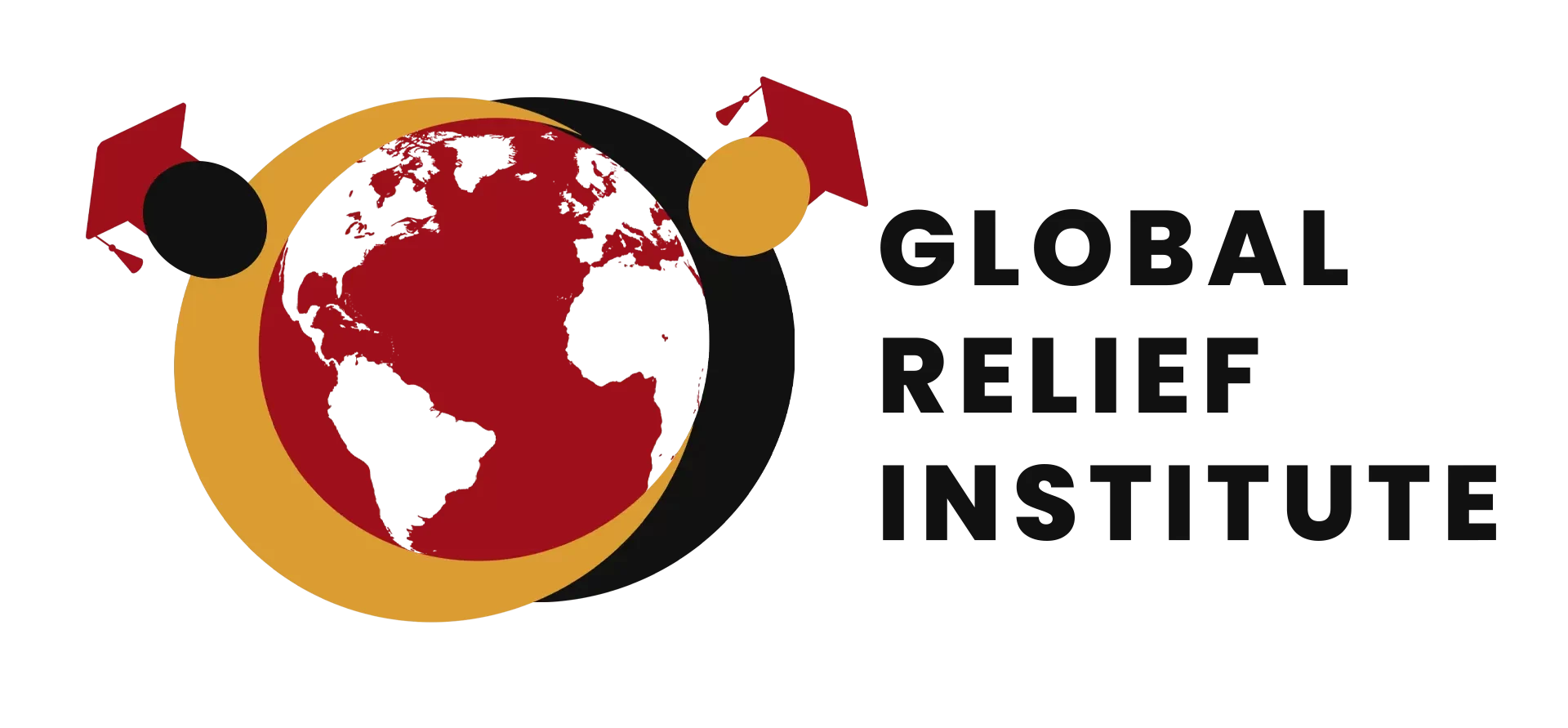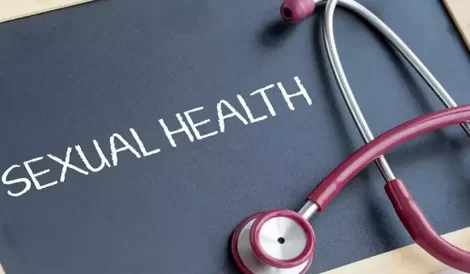Course Overview
HIV/AIDS continues to be a major health and development challenge even in today’s world. Since the beginning of the epidemic, more than 60 million people have contracted HIV and nearly 30 million have died of HIV-related causes. More than two-thirds (69 percent) of all people living with HIV, 23.5 million, live in sub-Saharan Africa—including 91 percent of the world’s HIV-positive children.
The fast-increasing health problem resulting from ongoing processes like urbanization and HIV/AIDs coupled with the era of emerging and re-emerging infections, the need to develop manpower in this discipline has been necessitated. For the country to cope with this, community health practitioners who will be able to tackle the issues from the grassroots are needed.
Course Content
- Difference between HIV and AIDS.
- Myths of HIV and AIDS.
- HIV and AIDS Statistics
- Three methods used for HIV Screening.
- Universal Precautions.
- How HIV is transmitted.
- Legal Rights associated with HIV/ AIDS.
- Current treatment associated with HIV and AIDS.
- Identifying bloodborne pathogens
- Responding to myths about HIV/ AIDS
- The role of peer education in HIV prevention
- Effective Communication: overcoming communication barriers, attitudes and values people have about illness and sexuality, presenting clear information and getting feedback, discussing sexuality, maintaining confidentiality, establishing the climate of mutual respect and sympathy
- What puts peers at risk of HIV
- Behavior Change Communication
- The process of behavior change
- Overcoming communication barriers in Peer Education
- Approaching a peer and beginning a dialogue
- Active listening
- Facts about HIV antibody testing
- Preparing for an HIV test
- Managing the outcome of the HIV test
- How to motivate others
- Personal Risk assessment techniques
- Understanding social norms, peer pressure, and behavior change process
- Condom and sex-related negotiation and refusal skills
- Sexual decision-making
- Communication for safer sex and assertiveness
- Condom and sex-related negotiation and refusal skills
- The role of alcohol and drugs in HIV transmission
- Peer Education and Counseling techniques including listening, confidentiality, rapport, referrals, and record-keeping
- Living with HIV infection
- Psychological, social, and ethical issues in counseling peers about sexuality and HIV infection.
- Empathy toward those infected with HIV
- Moral support and counseling families and individuals infected with HIV
- How to address stigma and discrimination for those infected and affected
Exercises:
After reading course materials, students are expected to complete some relevant exercises and tasks to test their own learning.
Assignments
Students will be required to submit three assignments to demonstrate their understanding of the course content.
DURATION: 3 Months
REGIONS TARGETED: Global
COURSE FEE: €500
ORGANIZERS: GRI
LANGUAGE: English and French
FORMAT: Online Learning
GENERAL COURSE CONTACT:



